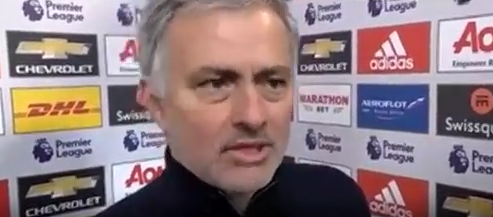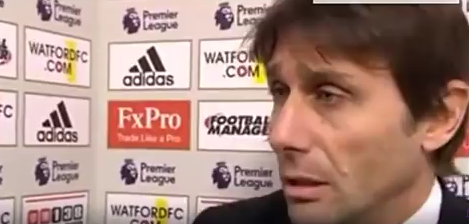After a long-running puerile and nasty public spat, it was Mourinho that emerged as the victor over the Chelsea manager.
Asked if the win was very special to him, his answer is very clear.
“But not because it is Chelsea. It is special because we beat the champions, a fantastic team that is very difficult to beat and because these 3 points are the points that keep us in the second position that we are fighting for.”
“The players gave everything. It is not possible to win against a team of the quality of Chelsea without the extra-effort everyone gave.”
It is the team, not individuals, that Mourinho is keen on praising. Pressed on the performance of Lukaku, he turns his analysis instead to the game and to the team.
“We didn’t start well. Then we found our positions on the pitch and were growing up through the whole game.”
“When you go from 1-0 down, to 2-1 up, everyone feels that extra-energy – happiness brings energy – everyone gave everything.”
Leadership communication lesson
Alex Ferguson often said the two most powerful words in the English language were well done. Lukaku may feel short-changed by Mourinho, but Mourinho is best placed to judge how individual players may react to praise and we do not see what goes on in private. What is clear publicly is that Mourniho exercises judgement in how he uses his praise and this judgement is something any leader must apply if they decide to publicly praise individuals in their team.



